Herat part 2
April 2nd, 2010
For the Hazara ethnic group in Herat, Now Ruz, the Persian and Afghan new year, was celebrated at the shrine of Said Mustafa. People go there throughout the year to pray for cures and this is the focal place of their Now Ruz activities
We arrived a half-hour late for the ceremony where they moved a pole of flags from one stand to another.
By the time we arrived many had already left, but others were hanging out in the graveyard on the property.
It was interesting that there were only a few burkas here and there in this very conservative city. Most of the women wear the Iranian Chador or a more modern chador-like outer garment.
When I was in Iran in the ‘70’s, women just wore the Chador, a half circle of cloth that goes from the top of the head to the ground. Here and now, they wear a little cap underneath.
Later in the day we went to a mini-mall mostly full of shops selling evening ball gowns,
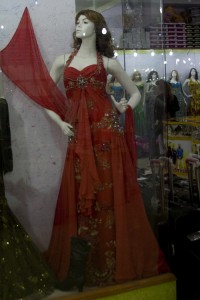
jackets (for modesty), Chador cloth and lounge wear. It was so odd to see those things selling side by side. Inside one shop, my companions wanted to try on one of the jackets in the window, so the sales clerk obligingly pulled one of the manikins out of the window display by putting one hand in her crotch and the other on the shoulder. Then he disrobed her, handing the jacket to my friend to try on, leaving the blue jean-clad but bare breasted model out for the entire rest of the time we were in the shop.
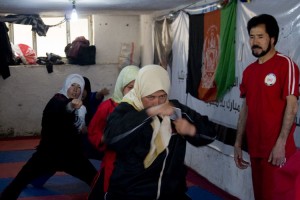
I’ve encountered other contradictions to “common understandings” here and there. The other day I interviewed five students from a Tai Kwan Do class taught by a male instructor. This fellow has taught over 700 girls in his tiny dojo, with some of them wining prizes in international competitions. He instructs them all for free, earning his living from teaching the boys. Some of these girls heard about the class and asked their parents for permission, but in other cases, the parents found out about the class and encouraged their daughters to join, in spite of having a male instructor. I had come across these girls performing (and being filmed for TV) at a Women’s Day event and chased them down for an interview.
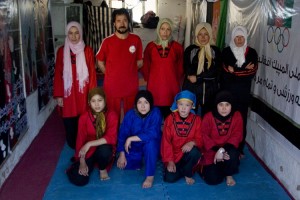
I also interviewed Elaha Surur, a former contestant on Afghan Star. (It’s the Afghan version of American Idol.) She talked about the negative repercussions her TV performance had on her family, how most of her relatives no longer speak to her parents. She now lives in a 3-room house with her sister. When I arrived for the interview, her “friend” was there and he filled in bits and pieces in the interview. Later, when I asked her to sing, she called another friend to accompany her on guitar.

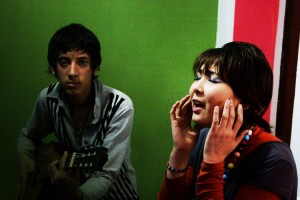
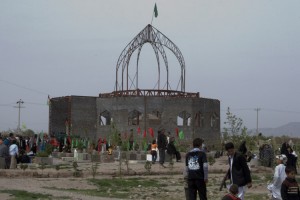
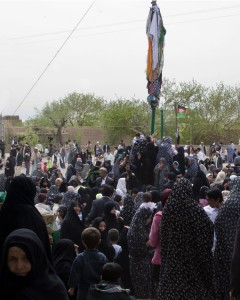
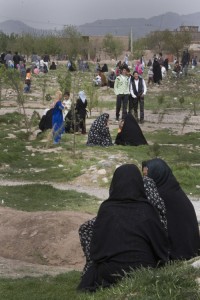
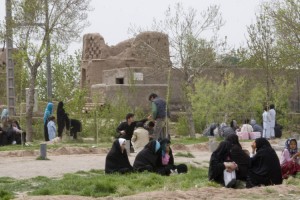
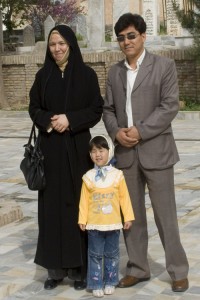
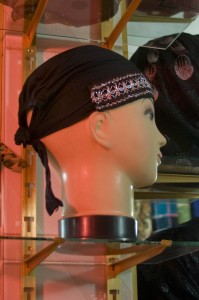
Wonderful stories, wonderful images, wonderful person and last but not least wonderful friend. Love you…
Henry